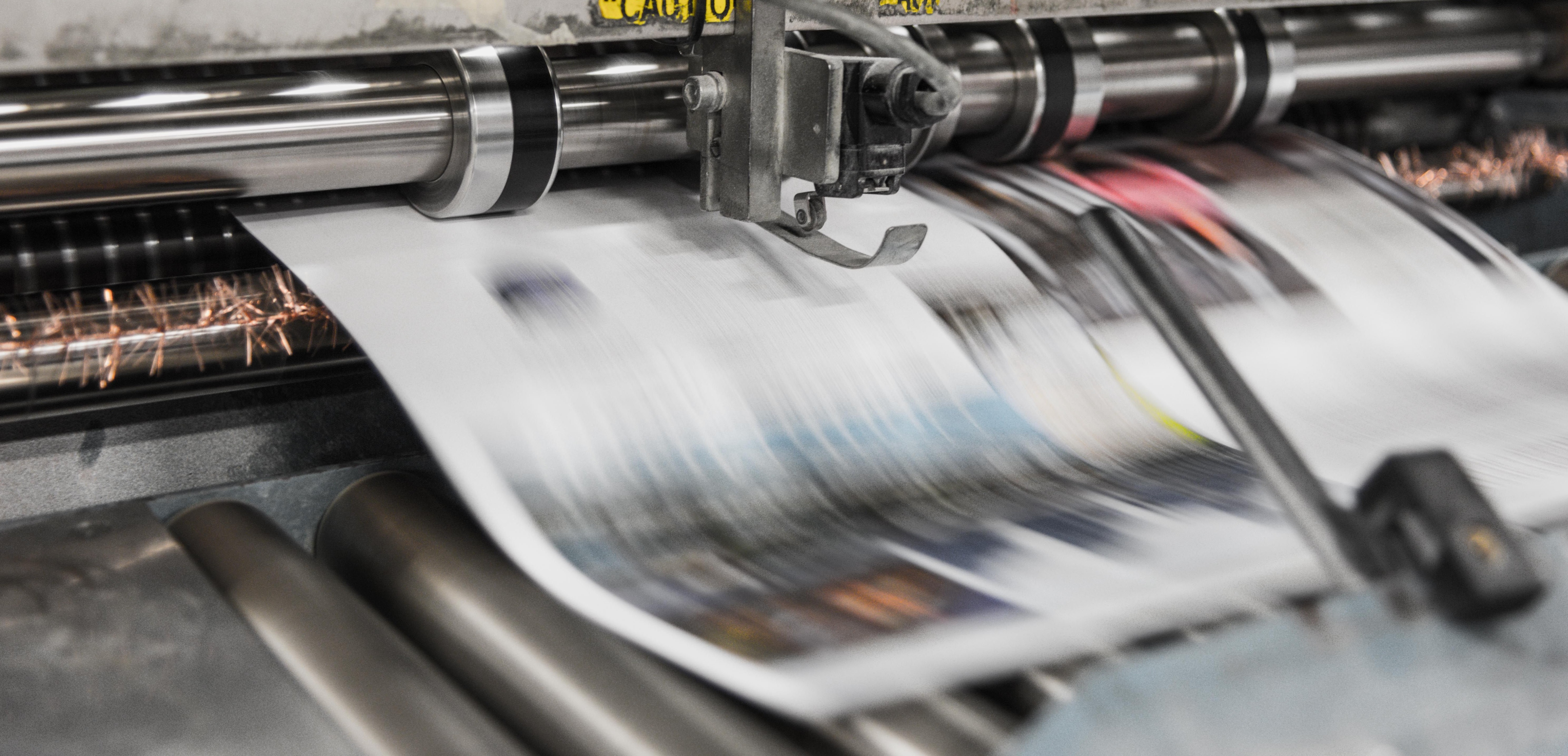Why student media is so important in an age of “fake news”
When I tell people that I want to enter the media after university, I’m often met with a sea of discerning faces. “Why would you want to be part of such a corrupt institution?” they ask, before listing the crimes of Murdoch and co. Responses to my career of choice are increasingly becoming more hostile than reactions to aspiring bankers and other areas of finance. Ouch. A recent report by the Edelman trust found that a shocking 53% worry about being exposed to fake news online.
It’s no wonder faith in journalism is in decline. In recent years the press has been embroiled in a race to the bottom as a desperate thirst for profit gets the better of journalistic integrity. Take the Independent for example; once a respected source of news, opinion and investigation.
After years of damaging losses, it packed in the printing and now generates a healthy profit from trivial ‘click-bait’; stubs of news that read as if from a children’s textbook and features based solely around social media. A sad outcome for journalists and avid readers no doubt, but not such a sorry sight for shareholders or directors. Editors at the UK’s leading broadsheets have been watching with eager eyes.
Unlike most other outlets (minus the Tab of course), the majority of student media is not-for-profit
Add this crisis of profitability to a deteriorating sense of trust in the mainstream media and it paints a gloomy picture. Plenty have become convinced of conspiracies of deceit by mainstream liberal news corporations. Take Trump’s ability to dismiss any derogatory reports as ‘fake news’ for example. A classic example I know, but it is representative of a wider distrust. While the mainstream media has lost its authority, the opposite has been the case for hundreds of small outlets from all sides of the political debate, who really have been making up stories. Millions of people are rationalising complete fabrications, and dismissing any evidence contradicting them.
Placed within this realm, student journalism has never been more important. Unlike most other outlets (minus the Tab of course), the majority of student media is not-for-profit. That means no slipping of standards to pander to the vast crowds of social media users online, and no outlandishly sensational or untrue stories. Student journalists don’t follow what they think will ‘sell’ or bring in more advertising revenue – they simply follow the stories which they feel need reporting on.
As the incubator for the writers of the future it is crucial that we encourage these bastions of quality
We often forget how important a free and trusted press is in a modern democracy. A harsh reminder comes just from looking at countries slipping into authoritarian clutches. Consider countries such as Russia and Turkey, whose rulers constantly undermine public trust in the press and agitate for less and less press freedom. This lack of trust allows executive power to be grossly misused, and political leaders to escape being held to account.
Just as we defend the quality and level of trust in our judicial system as an integral part of our democracy, we must ensure that standards are maintained in our press, and this is where student media comes in. As the incubator for the writers of the future, it is crucial that we encourage these bastions of quality. Student media has no shareholders to answer to. It has no ratings growth requirements to meet. It doesn’t pander to the increasing hordes of ‘click-bait’ led news.
To restore journalism’s broken reputation, we have to import some of the key tenets of student-led media to the wider industry.
It does what the media should but on a campus scale. It informs its readers about their universities and highlights issues of concern. It holds university leaders to account, reporting on anything from scandalous levels of vice-chancellor pay to the casualization of lecturer’s contracts. To restore journalism’s broken reputation, we have to import some of the key tenets of student-led media to the wider industry. This isn’t just important for the future of journalism, but vital for the future of all vibrant democracies. Think I’m being hyperbolic? History suggests otherwise, and if we are not careful a repeat could be on the cards.

Comments